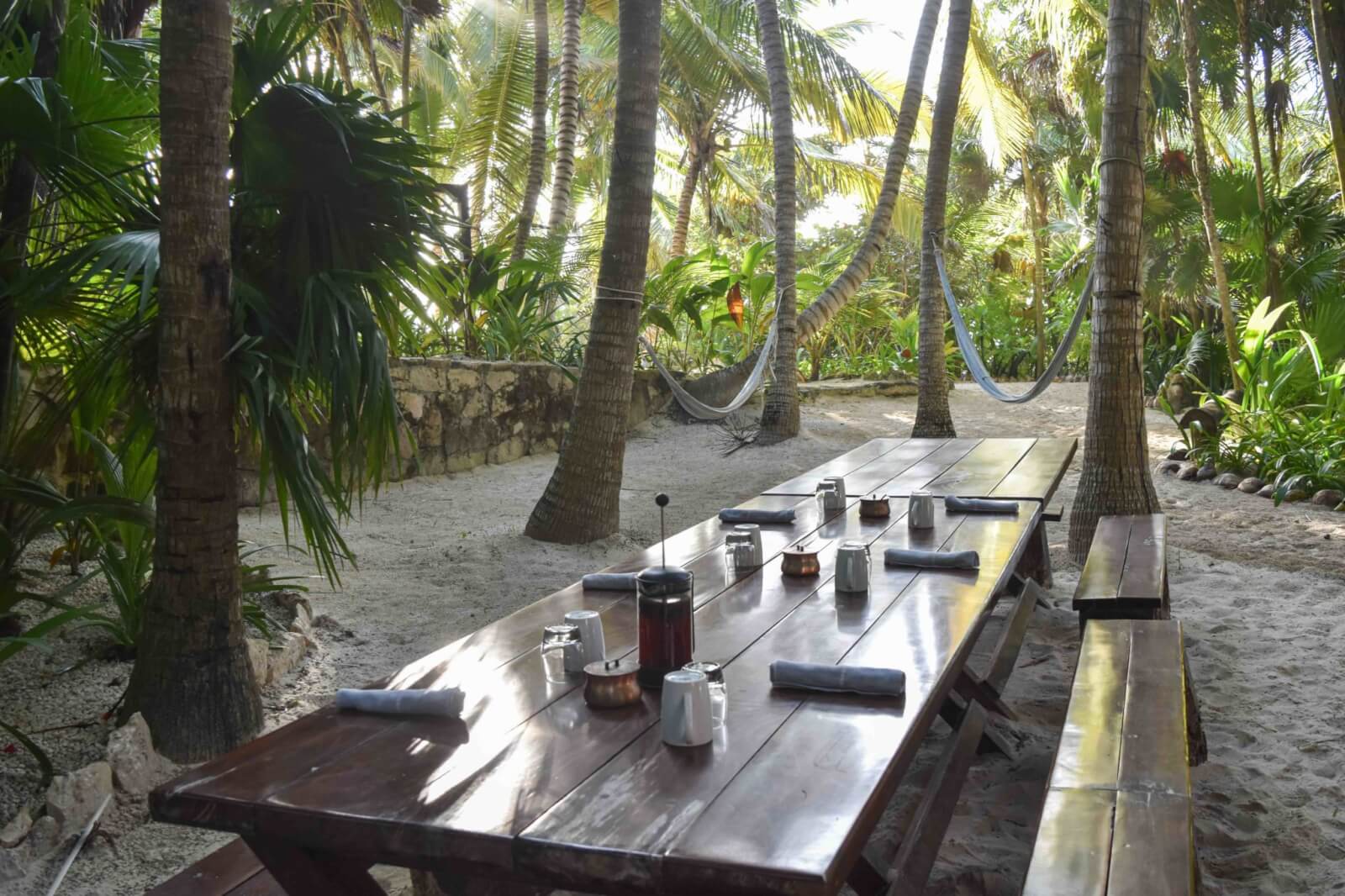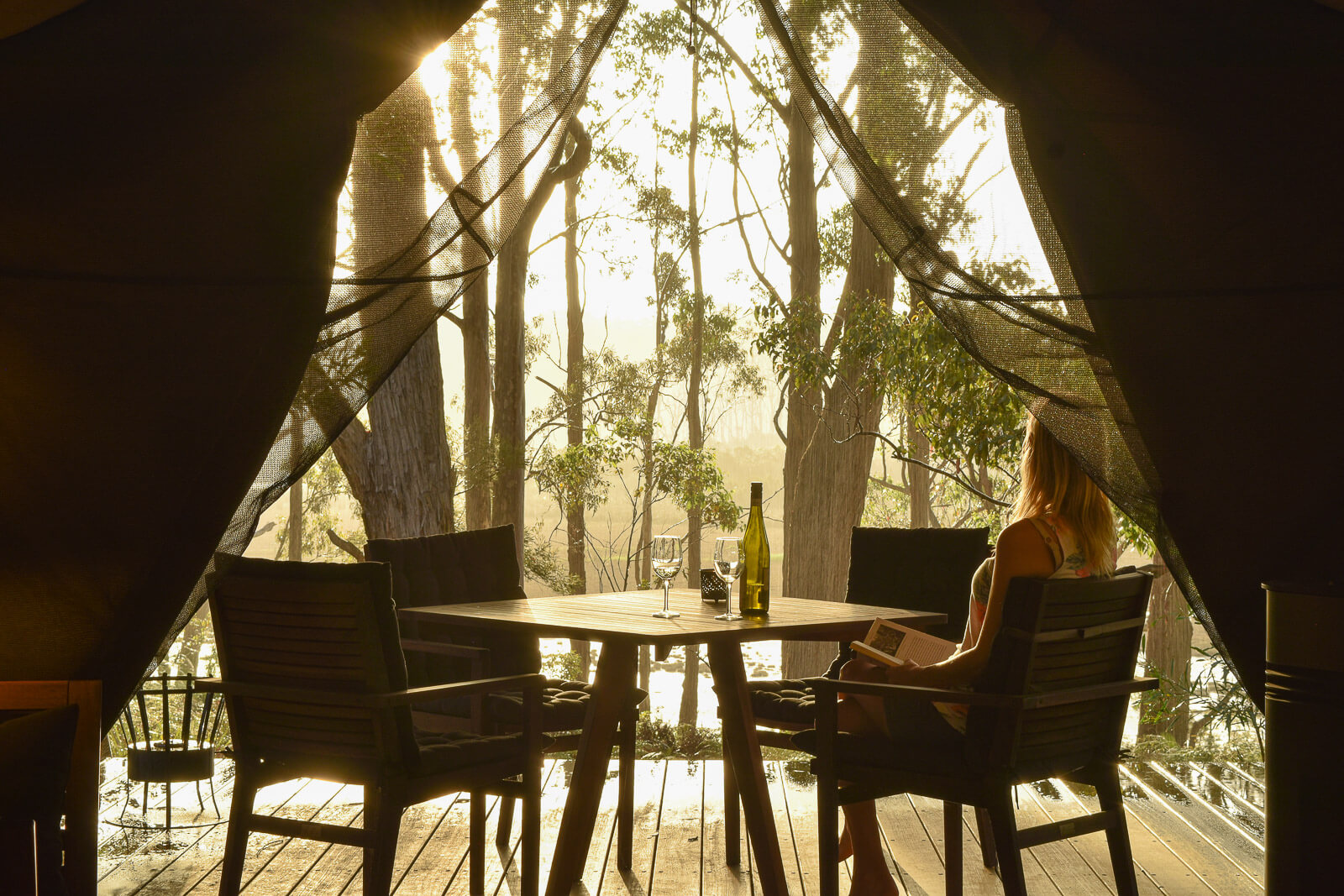Choosing where you stay on your holiday or business trips has an impact on both the environment and the local communities. Just think about the energy used when the air conditioning is turned on or the waste created when that mini plastic bottle of shampoo is discarded. This means that choosing a sustainable hotel or eco-friendly accommodation can be one of the most important decisions you can make when planning a trip.
More than half of global travellers are willing to pay more for environmentally sustainable products; businesses in the hotel sector know this and are more inclined to market themselves as environmentally friendly without necessarily investing in initiatives that minimise their negative impacts. This phenomenon is called “Greenwashing” and an example of it is a hotel sharing Instagram posts on how they’ve removed single-use plastic while they are still using electricity produced by burning coal. Or a hotel might make a pledge and share a general intention to become carbon neutral, without disclosing a clear plan of action with public targets and metrics to track progress.

Disclosure: This article contains affiliate links. This means that if you click a link and purchase something I’ve recommended I may earn a small commission. This does not affect the price you pay but helps me to run this site. You can read my full affiliate disclosure here.
How to Identify Sustainable Accommodation That Has a Positive Impact on the Environment & Society
A way to identify eco-friendly accommodation is to check they’ve already started to take initiatives to address sustainability issues; for example, look for information such as “our hotel has halved its dependency on natural gas by installing solar panels for heating 100% of the hot water used”.
Here is a list of the things to be aware of to make an informed decision when you are deciding where to stay:
What is Important in a Hotel’s Footprint?
Environmental Footprint
- Energy and emissions: hotels burn natural gas for heating purposes and consume electricity mainly for keeping rooms cool or warm and for lighting; such activities generate greenhouse gas (GHG) emissions, responsible for climate change. As a rule of thumb, the more services that are provided the bigger the impact on GHG, so modest accommodations such as guest houses have in general a smaller carbon footprint compared to luxury resorts and hotels that offer more services (e.g., gym, pool, etc). That said, there are luxury eco-resorts designed to maximise the effect of natural ventilation and light to reduce their energy consumption. A great example of this is Olas in Tulum, Mexico which has curved walls designed to channel the flow of the sea breeze and avoid the need for air conditioning.

Look for hotels taking initiatives to reduce their carbon footprint, such as using renewable energy, installing LED lighting, or encouraging guests to reuse the same towel for multiple days.
- Water: water is mainly used for bathrooms, the kitchen, and laundry. Water recycling systems, dual flush bathrooms and capturing and reusing rainwater are particularly important in areas characterised by water stress and indicate the hotel is focusing on the issue of water management.
- Waste: in hotel rooms, we produce plenty of waste by disposing of plastic water bottles, bathroom amenities, paper, and more. Look for hotels with rooms equipped with recycling bins (YHA Australia Hostels do a great job with this) and those that provide bulk amenities, for example, dispensers of body wash and shampoo instead of mini bottles.
- Biodiversity: accommodation is often built in the proximity of beautiful beaches or forests and the native ecosystem is replaced by concrete; if not adequately managed this can lead to habitat loss and have repercussions on the biodiversity of the place. Hotels can manage this issue by providing financial support to a conservation organisation or replanting native plants if they are built on a previously disturbed area.

Some eco-accommodation is certified by a third party such as ENERGY STAR, Audubon, LEED, Green Tourism, TripAdvisor, GreenLeaders, and others. Look at the hotel’s website for these certificates to confirm that it is a green accommodation.
Read our guide to being a sustainable traveller
Societal Impact
- Diversity and inclusion: some accommodations offer training and work opportunities to groups of people who don’t traditionally receive such support; this in turn reduces inequalities and unemployment and provides job security. For example, a guesthouse employing only single mums or refugees. In the UK, Hotel School is a joint venture between The Passage (London’s largest voluntary sector homeless resource centre) and The Goring Hotel, supported by London’s Five Star hotel community, Westminster Kingsway catering school staff, and over 50 local businesses. It teaches hospitality skills to homeless and vulnerable people and helps them find employment.
- Community investment: some accommodations invest in the community and support it by funding health, education and clean water projects that benefit the local people. A hotel should engage with the local community to ensure its activities are not negatively affecting the life of the local community, such as access to food and water, rights of way and transport.
- Responsible sourcing: hotels can support local activities and purchase supplies from fair trade and locally owned businesses.

- Cultural values and heritage: accommodations can support the protection of sites and traditions of historical, cultural and spiritual value for the locals.
- Other examples include:
- supporting local entrepreneurs in the development and sale of handicrafts made with the traditional materials
- services that represent the local history and culture
- promoting tours managed by locals to ensure that the community benefits from the money spent by tourists.
Although the societal effects of a hotel’s activities might not be as easy to see as the environmental effects, they are as important.
Where to Find the Information to Make an Informed Choice?
Start by clicking on the “Sustainability” section of the accommodation’s website to look for more information (Campi ya Kanzi has a great sustainability section), if this isn’t an option, contact the accommodation directly and ask them to provide more details. On some hotel aggregator websites, it is possible to filter by sustainable accommodation only (e.g., “eco-friendly”, “Green”) – in this case, it is also important to check how that label was defined and what are the requirements for a hotel to fall in the category.

To keep in mind…
When looking for green hotels it is important to keep in mind that every country is at a different step of its sustainability journey, and this is reflected in the extent to which responsible initiatives are realised. That said if you follow the framework above you can make an informed decision next time you are looking for accommodation.
Choosing the right accommodation has an impact on sustainability but it is also important to focus on the things that have the biggest effect, for example, 49% of our travel carbon footprint is generated when we are moving.

Read our article on how to be a sustainable traveller if you want to maximise the positive impact of your whole trip.
Leave us a comment to let us know what you think of this article and feel free to share anything that we have missed.
